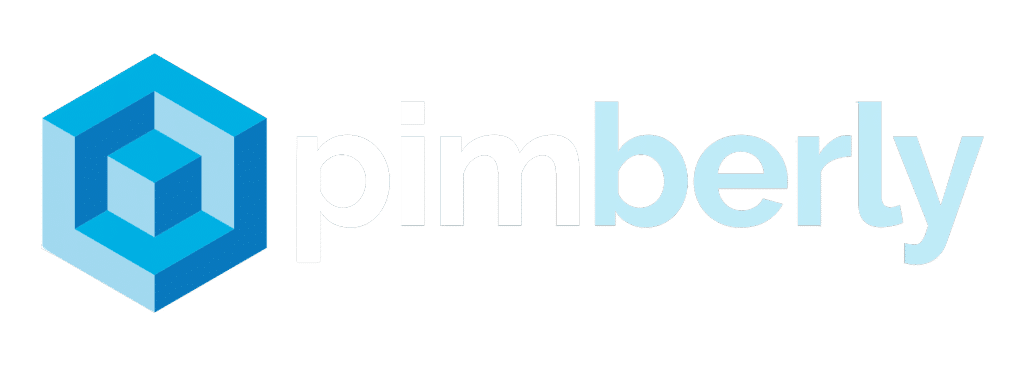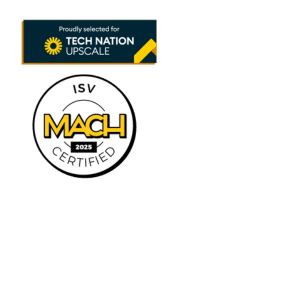What is a Rebate / Special Pricing Agreement?
Rebates and SPAs (Special Pricing Agreements) are financial incentives offered by manufacturers or suppliers to their customers, typically retailers or distributors. These arrangements provide discounts or refunds based on sales volume, performance targets, or other negotiated terms, helping to increase sales and strengthen business relationships.
In-Depth Explanation of a Rebate / Special Pricing Agreement
Rebates and Special Pricing Agreements (SPAs) are financial incentives offered by manufacturers or suppliers to retailers or distributors. These arrangements provide discounts or refunds on purchased goods, typically based on sales volume or other performance metrics.
Why It Matters
Rebates and SPAs play a crucial role in eCommerce pricing strategies and profit margins. They allow retailers to offer competitive prices to consumers while maintaining profitability. These agreements can significantly impact a company’s bottom line and market position, making them essential tools in the highly competitive online retail landscape.
How It Works
Manufacturers set specific conditions for rebates or SPAs, such as sales targets or promotional requirements. Retailers fulfill these conditions and submit claims to receive the agreed-upon discounts or refunds. The process often involves detailed tracking of sales data and compliance with promotional guidelines to ensure eligibility for the financial incentives.
Key Benefits
Rebates and SPAs offer several advantages for eCommerce businesses. They enable retailers to lower prices and attract more customers without sacrificing profit margins. These agreements also foster stronger relationships between manufacturers and retailers, encouraging collaboration and shared success in the marketplace.
Relevant Stats and Facts
According to Incentive Insights, rebates show they can drive 2-10% incremental sales and are a major factor in online purchasing decisions
Importance of Rebates / Special Pricing Agreements (SPAs)
Rebates and Special Pricing Agreements play a crucial role in modern business practices, especially in industries with complex distribution channels. These financial incentives are widely used by manufacturers and suppliers to encourage sales, maintain customer loyalty, and gain a competitive edge in the market. For businesses in product data management and eCommerce, understanding the intricacies of rebates and SPAs is essential for accurate pricing strategies and maintaining healthy profit margins.
In the digital age, managing rebates and SPAs has become increasingly complex due to the sheer volume of transactions and the variety of products involved. eCommerce platforms and product data management systems must be capable of handling these intricate pricing structures to ensure that customers receive the correct pricing while businesses maintain their profitability. This requires sophisticated software solutions that can track and apply rebates and SPAs in real time, often across multiple sales channels and customer segments.
For businesses operating in the United States, rebates and SPAs are particularly important due to the highly competitive nature of many industries. These pricing tools allow companies to offer attractive deals to customers without permanently lowering their list prices, which can help maintain brand value and market positioning. Additionally, rebates and SPAs can be used strategically to incentivize specific customer behaviors, such as bulk purchases or long term commitments, which can lead to increased customer loyalty and more predictable revenue streams.
Examples of Rebates / Special Pricing Agreements (SPAs)
Fashion/Apparel Retailer
In the fashion industry, rebates and special pricing agreements (SPAs) can act as an incentive for retailers to manage inventory and drive seasonal sales. A fashion retailer might negotiate rebates with their suppliers to reduce the cost of unsold apparel at the end of a season. For example, if a significant amount of summer clothing remains unsold as fall approaches, the retailer could leverage pre-negotiated rebates to sell the items at a discount without taking a loss. This strategy allows retailers to clear inventory and make room for new collections while maintaining profitability.
HVAC Manufacturer
An HVAC manufacturer might use rebates and SPAs to encourage distributors to purchase larger quantities of products or to promote more expensive, energy-efficient models to end consumers. By offering a rebate based on the volume of units purchased, the manufacturer can encourage distributors to stock more units, thus ensuring a steady production demand. Additionally, special pricing agreements could be designed to incentivize distributors to prioritize newer, advanced models that are better for the environment, aligning with energy-saving initiatives and increasing long-term market share.
Distributor of Auto Parts
Rebates and SPAs are crucial in the auto parts industry to navigate the competitive market and manage supplier relationships effectively. A distributor might receive rebates from a manufacturer when reaching specific sales targets, allowing them to offer competitive pricing to automotive repair shops or end consumers. These financial incentives empower distributors to build stronger relationships with both suppliers and customers, adapting pricing strategies dynamically to market conditions and competitor actions. Consequently, rebates and SPAs help auto parts distributors optimize inventory turnover and maximize margins.
Brand Owner of Homewares Products Predominantly Selling on Marketplaces & Retailers
For a brand owner of homewares selling through large retailers and online marketplaces, rebates and SPAs can play a pivotal role in establishing shelf presence and managing sales across different channels. The brand might establish special pricing agreements with major retailers like Walmart and Home Depot to secure prominent display positions or featured listings, driving higher visibility and sales. On e-commerce platforms like Wayfair, rebates might be given in return for exclusivity or for featuring products in special promotions or deals, effectively leveraging these large-volume platforms to enhance brand visibility and reach.
Synonyms
Common synonyms for “Rebate / SPA” include:
- Cashback
- Refund
- Discount
- Price reduction
- Money back
Rebates / Special Pricing Agreements (SPAs) and PIM
Rebates and Special Pricing Agreements (SPAs) are important financial tools used in product management and sales strategies. These incentives are offered by manufacturers or suppliers to encourage retailers or distributors to purchase and sell specific products. Rebates typically provide a partial refund on the purchase price after the sale is completed, while SPAs offer discounted prices for bulk purchases or long-term commitments. Both mechanisms help businesses manage their inventory, boost sales, and maintain competitive pricing in the market.
Product Information Management (PIM) solutions play a crucial role in managing rebates and SPAs effectively. These systems centralize and organize product data, including pricing information, promotional offers, and inventory levels. By using a PIM solution, companies can easily track and update rebate information and special pricing agreements across multiple channels and marketplaces. This ensures that all stakeholders, from sales teams to customers, have access to accurate and up-to-date information about available incentives and discounts.
For example, a large electronics retailer might use a PIM solution to manage rebates on various products from different manufacturers. The system would store details such as rebate amounts, eligible products, and expiration dates. When a customer purchases a qualifying item, the PIM system can automatically generate the necessary rebate information, streamlining the process for both the retailer and the customer. Similarly, a distributor could use a PIM solution to manage SPAs with multiple suppliers, ensuring that their sales team always has access to the most current pricing information when negotiating deals with clients. This level of organization and accessibility helps businesses maximize the benefits of rebates and SPAs while minimizing errors and improving customer satisfaction.
Frequently Asked Questions
How do rebates and SPAs affect product pricing?
Rebates and SPAs can significantly impact the final price of a product. They are often used as negotiation tools between manufacturers and retailers or distributors. These agreements can lead to lower prices for consumers, increased sales volume for retailers, and improved market share for manufacturers. However, they can also complicate pricing strategies and may require careful management to ensure profitability.
What are the key differences between rebates and SPAs?
Rebates are typically paid after a sale has been made, based on the volume or value of products sold. They are often used as incentives to encourage larger purchases or to reward customer loyalty. SPAs, on the other hand, are negotiated price reductions applied before the sale. They are usually based on factors such as purchase volume, market conditions, or competitive pressures. SPAs tend to be more immediate in their impact on pricing, while rebates may have a delayed effect on overall profitability.
How can businesses effectively manage rebates and SPAs?
Effective management of rebates and SPAs requires robust systems and processes. Businesses should implement tracking mechanisms to monitor sales volumes, calculate rebate amounts, and ensure timely payments. For SPAs, it’s crucial to have clear documentation of agreed-upon terms and regular reviews of pricing agreements. Utilizing specialized software or integrating these functions into existing ERP systems can help streamline management and reduce errors. Regular audits and performance analysis are also essential to maximize the benefits of these pricing strategies.







